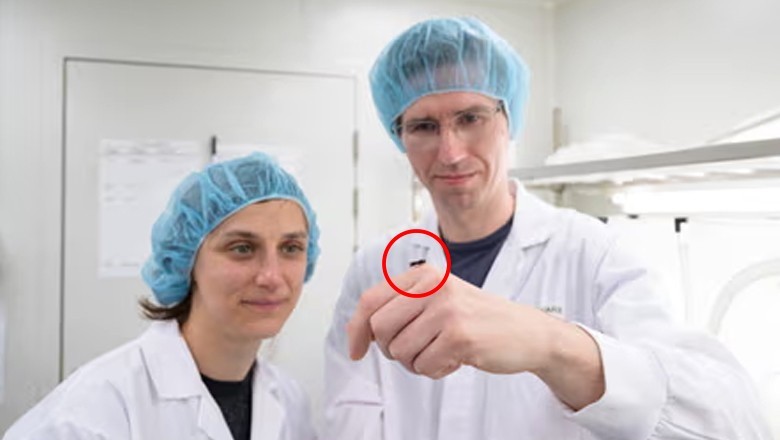Australian scientists create super flies to eat trash and save the planet

Web Desk
|
25 Jul 2024
A team of Australian scientists at Sydney’s Macquarie University is pioneering a novel approach to waste management by genetically engineering a common fly, the black soldier fly, to consume a broader range of organic waste.
This innovative project aims to address the growing problem of waste disposal and mitigate the environmental impact of landfill methane emissions.
The research, led by Dr. Kate Tepper, focuses on enhancing the capabilities of black soldier flies, which are already commercially utilized for their ability to digest organic waste. By tweaking their genetics, the team hopes to expand the variety of waste that the larvae can consume and increase the efficiency of waste breakdown. This process produces valuable by-products, including fatty compounds and enzymes, which can be used in the production of biofuels, lubricants, and high-grade animal feeds.
“We are heading towards a climate disaster, and landfill waste releases methane. We need to get that to zero,” said Dr. Tepper, emphasizing the urgency of finding sustainable solutions to waste management.
Dr. Maciej Maselko, who oversees the animal synthetic biology lab at Macquarie University, highlighted the potential of insects as a solution to the planet’s waste management challenges, which include approximately 1 billion tons of food waste annually. He noted that black soldier flies are ubiquitous, found on every continent except Antarctica, and are efficient consumers of waste, capable of eating double their body weight each day. Their larvae are also a valuable source of protein for animal feed.
The team has established a spin-off company, EntoZyme, to commercialize this technology. They aim to introduce the first genetically engineered flies into waste treatment facilities by the end of the year. These flies are expected to not only improve waste processing but also generate additional products such as enzymes for animal feeds, textiles, and pharmaceuticals.












Comments
0 comment